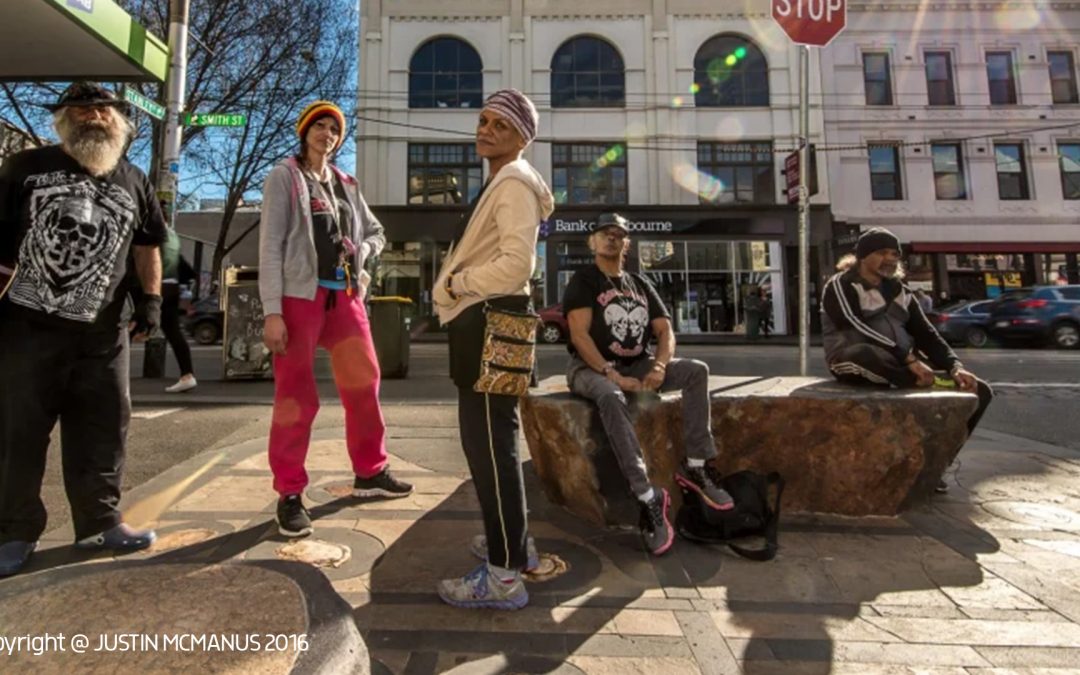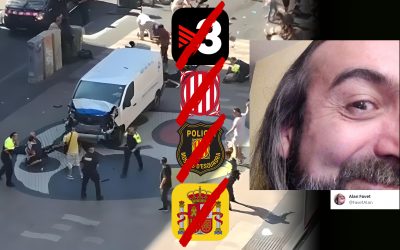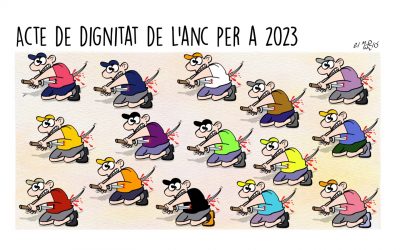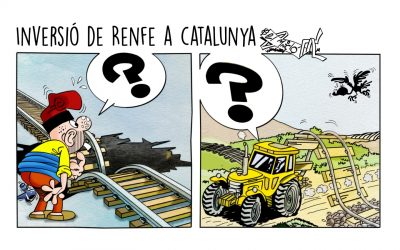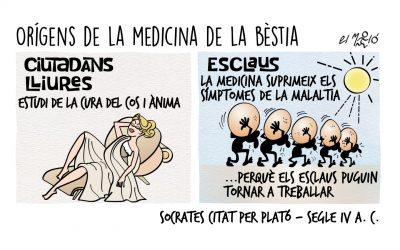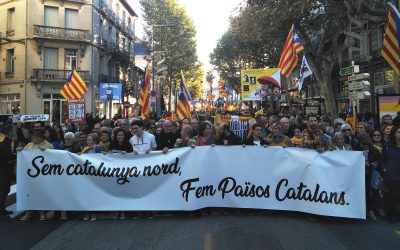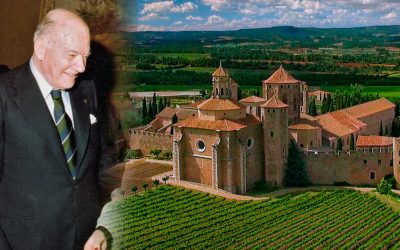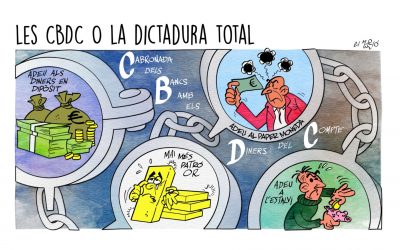As I write this, I can see thousands of Flying Fox bats2 fly over my house on their journey to their nocturnal feeding grounds. A nightly occurrence every day, every year. A short time later the brush-tailed and the ring-tailed possums will emerge and play/fight/mate/nurture in my and other neighbouring backyards. By day a variety of beautiful native birds frequent the backyard bringing their young at this time of the year. In a few weeks, around Christmas, the native bees will take over a tree in the backyard and gorge on its nectar and very occasionally native marsupial hopping mice (antechinus) will come and engage in their annual orgy for 13 hours after which the males all die from sexual exhaustion.
And I think how lucky to live in a city of five million plus people and regularly encounter native wildlife, birds and insects. Every creature playing its part in the scheme of things that includes we humans. We humans who are making an excellent job of destroying that scheme because of our greed and materialism.
On Sunday last weekend, I met an Aboriginal woman who I’ve yarned (chatted) casually with once, maybe twice. I know her sister better. If I want to have a yarn (a chat) with the sister I know where to usually go to find her, in Smith Street (‘the coolest street in the world’). This woman was walking near me and she was shouting about her anger, her anger at the construction and the trendiness (or ‘coolness’ if you like) and the rich ‘cool’ people taking over the area, and the destruction of places for wildlife, plants and trees and her mob (the Aboriginal people she’s connected to) to get together.
I called to her and we walked together. I had to reassure her I was not one of those people. Most Aboriginal people are wary of whites (gubbas*) they don’t know. We had a yarn about shared anger of those very things. We vented our common anger to each other. As we reached the end of that street, we came to a busy street with much more traffic and many shops and cafes. We stopped at the corner where there is a sculptured streetscape stone and petrified wood by Aboriginal artist Glenn Romanis (2010) strategically positioned to map Aboriginal sites of past and present significance3
This is often where I could find the woman’s sister, and other local Aboriginal mob. But they go there to socialise. Aboriginal Australians are incredibly social and that connection is crucial to their wellbeing (when so many other societal factors disconnect or exclude them). I don’t always stop to have a yarn because it’s their time and I don’t like to intrude. But when I do stop it always becomes a time to treasure and make my connections with mob I knew very well from years back outside of Melbourne. I also come away knowing more than I did before, every time.
This particular place and its surrounding area have become ‘gentrified’ over the last decade. No more the ordinary workers’ cottages, factories and a pub on every corner. No more the significant places Aboriginal people knew to go to find mob when they came to the city. This area from Smith Street through to neighbouring Brunswick Street in Fitzroy, Melbourne was a safe place for Aboriginal people. It was a place of meeting and connection in a gubba (white) world which discriminated heavily against them and took their children from them. A place where they could find some support.
Developers moved in and the little working-class cottages which once housed many poor people, have been turned into hideously expensive trendy residences. Along with the developers came the removal of trees and th4e removal of any animal that annoyed the new people. Like the birds that lived on the roofline of the building on the opposite corner to the stone and petrified wood meeting place. My friend, I’ll call her ‘Lillian’, described how the new owners of the building got rid of the birds, babies and all, because they ran an ‘eating’ establishment. ‘Lillian’ pointed out the three mature trees on another corner across Smith Street. She showed me how two were male and one was female. She then took my hand and pulled me into the middle of Smith Street and asked:
-Tell me what you can see.
-Buildings. People. Traffic.
-No other trees, is there? These three trees are the last trees left in Smith Street. And they want to remove them too. If they go, so do those birds up there, and the bugs in the tree and everything else living there.
-And if they all go, here and everywhere else, we go too.
We talked about the co-dependent nature of every living thing and the mess the environment is in.
-We did fine before. We looked after this land. It looked after us.
-I know. No-one seems to care now.
We looked around, at all the cafes and restaurants where people were sitting eating and drinking coffee and alcohol.
-Our mob isn’t allowed to drink in the street.
-I know. You’d be arrested if you did. Different rules. Different justice. I hate it.
-It used to be a bit better before all these fancy buildings went up. We had places to go. They wouldn’t let us in these places here.
-Would you want to? I wouldn’t, and I’m not one of you mob.
-No. Wouldn’t want to even if they let us in Hahaha! Coolest street in the world?! But they took all our places away. Then they take the birds away, and the trees. There won’t be anything left soon. Then there won’t be any of us.
We hugged and went our separate ways for the day. I knew people would be staring and scowling at me. It makes no difference to me. I would take that one beautiful woman and her culture over an entire cool street of trendy people.
It’s a familiar story around the world. One that indigenous people have always known. The greed and materialism of the modern world is stripping nature from human existence. My anger is that it has happened here in this beautiful country faster than anywhere else on earth, and is still happening. The Australian and its state governments don’t seem to care. I speak to many people about it and overwhelmingly hear responses about ‘progress’ and appallingly, ‘Aboriginal people need to move on’ (yes…that is a common attitude).
But as my friend despairingly argued, and she was right, without all the birds, animals, insects, trees and so on, we won’t survive. We will self-destruct. But we seem blind to that.
Over the 250 odd years of colonialism here, non-Aboriginal people have ignored all that Aboriginal people knew and practiced, believing ‘European’ knowledge was always superior. How foolish.
As the beloved Archie Roach sang back in 1988 in his early protest song, Koorie, Koorie, with Wayne Thorpe and Archie’s late wife Ruby Hunter**, ‘We could have shown you many things, if we only had a chance’.4
1 https://www.timeout.com/things-to-do/coolest-streets-in-the-world
2 https://www.google.com/imgres?imgurl=https%3A%2F%2Fc8.alamy.com%2Fcomp%2FA76GEC%2Fgrey-headed-flying-fox-fruit-bat-royal-botanical-gardens-sydney-australia-A76GEC.jpg&imgrefurl=https%3A%2F%2Fwww.alamy.com%2Fgrey-headed-flying-fox-fruit-bat-royal-botanical-gardens-sydney-australia-image3832043.html&tbnid=ioHr8GuoOUYynM&vet=12ahUKEwinr8jOt9H0AhVs3XMBHeskDmcQMyhYegUIARCNAQ..i&docid=cqRtjeFm5bAa_M&w=931&h=1390&q=Melbourne%27s%20Flying%20Foxes%20royalty%20free%20images&hl=ca&client=firefox-b-d&ved=2ahUKEwinr8jOt9H0AhVs3XMBHeskDmcQMyhYegUIARCNAQ
3 https://aboriginalhistoryofyarra.com.au/sites-of-significance/?siteVar=21
4 https://youtu.be/l2z-IRYCSxw
*gubba: S.E. Australia Aboriginal word for white people. Derived from their word for gubbamen (government men) now shortened to gubba. Historically from when the government first started stealing the children and institutionalising Aboriginal people. This happened more in S.E. Australia than other parts.
**Normally we would not say the name or show images of an Aboriginal person who has died however Archie Roach gave permission for this to be overlooked in his late wife’s case because of her huge importance to the Aboriginal Australia
GLOSSARI
-Possum=pòssum (marsupial australià)
-Mate=aparellar-se
-Nurture=nodrir-se
-Gorge=engreixar
-Wary: desconfiat/da
-To vent: ventilar
-Apallingly=terriblement

